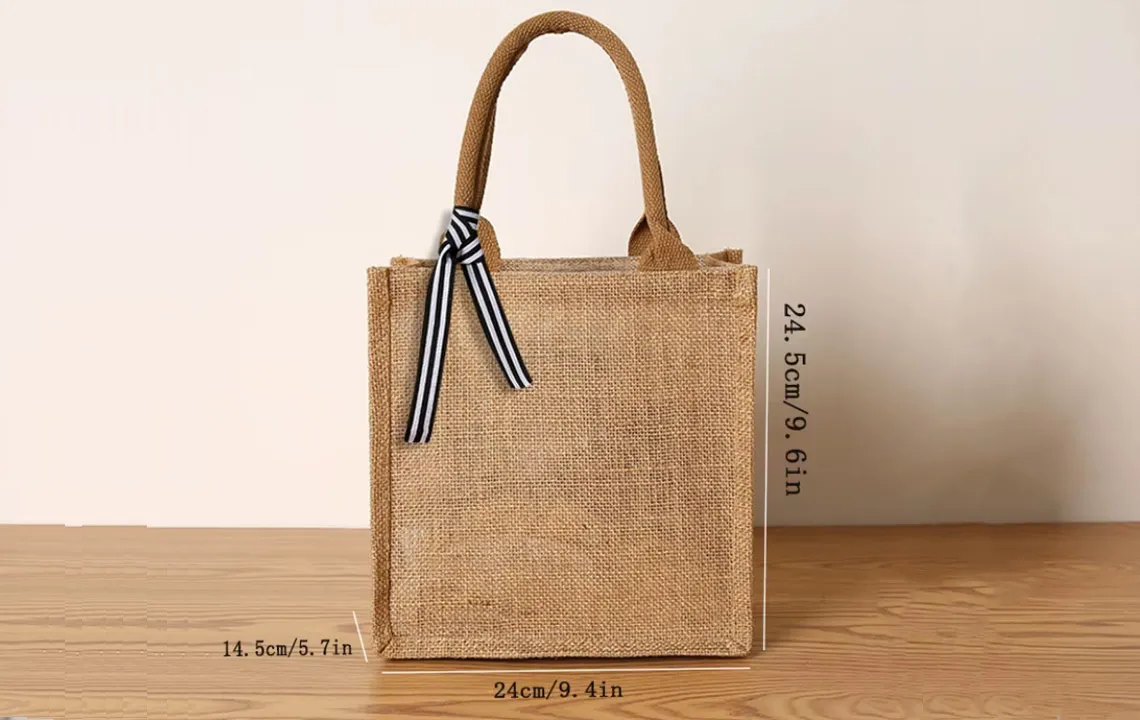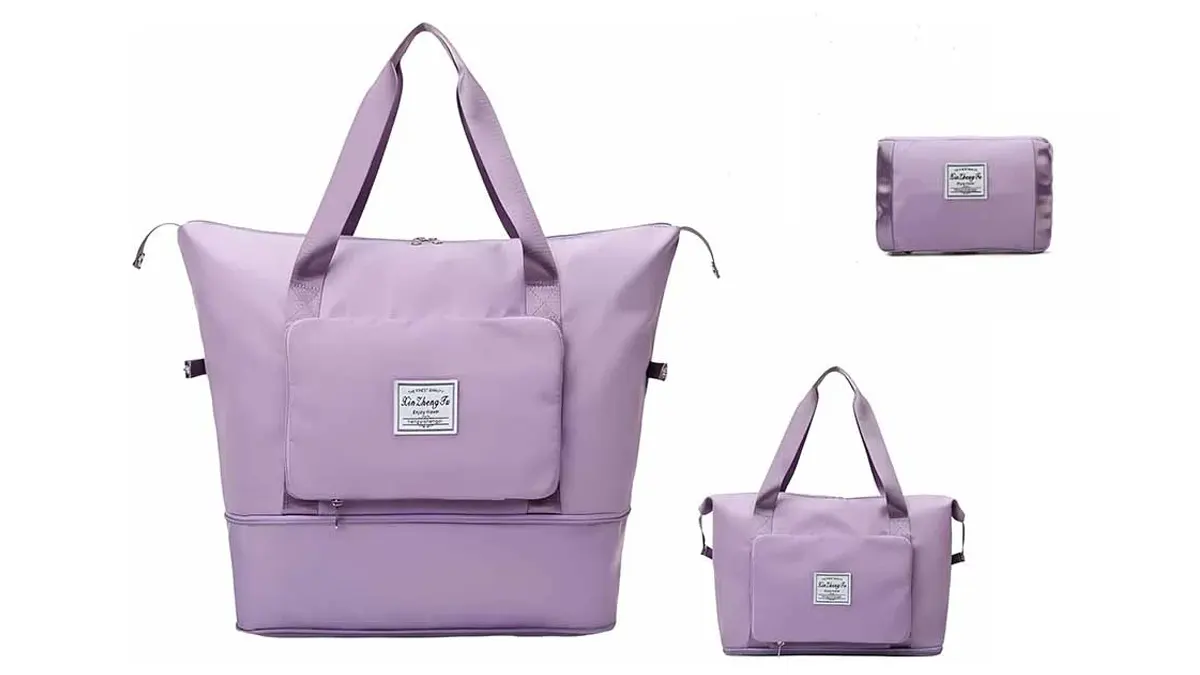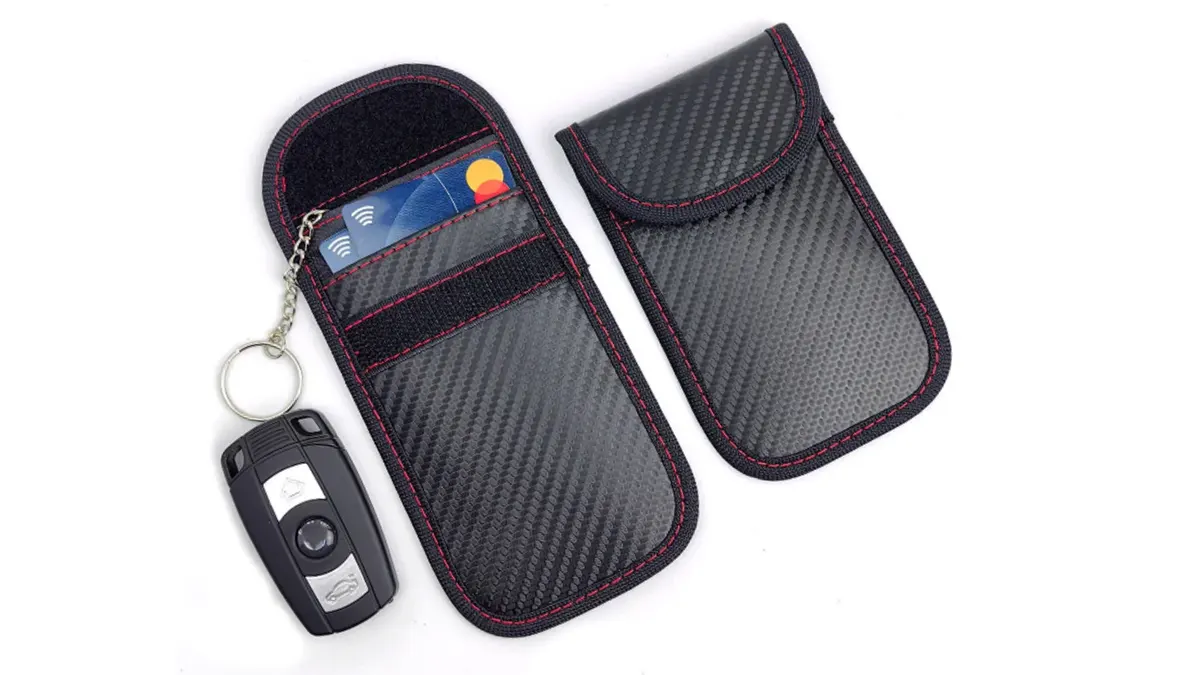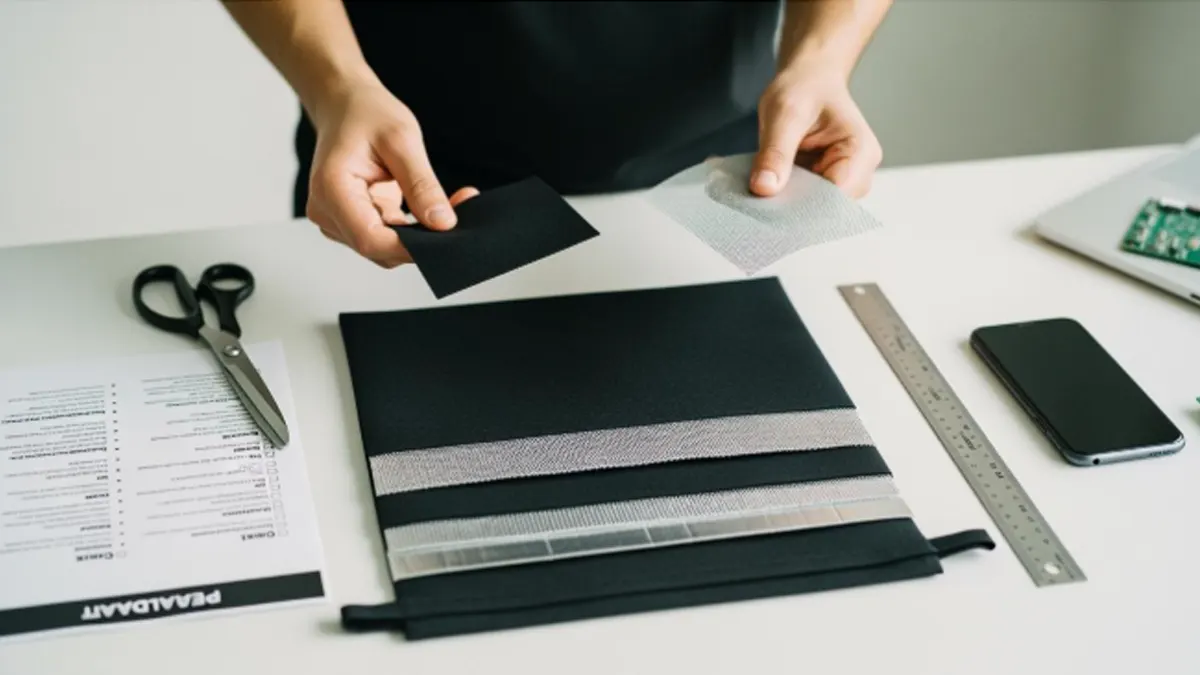A jute bag is a reusable, eco-friendly bag made from natural plant fiber. Strong, biodegradable, and stylish, it is widely used for shopping, storage, and promotions. In this guide, we will explain what jute is, its benefits, how it compares to canvas, and why it has become a favorite for both individuals and businesses.

Understanding Jute – The Golden Fiber
Jute is a natural plant fiber derived from the stalks of the Corchorus plant, primarily grown in India and Bangladesh. Often called the “Golden Fiber” due to its golden-brown color and silky shine, jute has been used for centuries to make ropes, mats, sacks, and, more recently, stylish and reusable bags.
Unlike synthetic materials, jute is 100% biodegradable and compostable, making it one of the most eco-friendly fibers available. Its cultivation requires minimal pesticides and fertilizers, and it grows quickly in rain-fed areas, which reduces environmental impact.
Why jute is special:
- Sustainable: Grows in 4–6 months with low environmental impact.
- Strong: Naturally durable and can handle heavy loads.
- Breathable: Allows air circulation, which is ideal for groceries or produce.
What Are Jute Bags Used For
One of the reasons jute bags have surged in popularity is their versatility. Here are some of the most common uses:
- Daily Shopping Bags
With plastic bags being banned or taxed in many countries, jute bags have become a reusable alternative for groceries and everyday shopping. - Gift and Promotional Bags
Many businesses choose custom jute bags with their logo printed on them. They serve as both packaging and marketing tools. - Produce and Farmer’s Market Bags
Jute allows produce to breathe, helping to keep fruits and vegetables fresh. - Beach and Picnic Bags
The sturdy fabric and large capacity make them great for carrying towels, snacks, and other essentials. - Home Storage
Jute bags can also be used for organizing household items, such as toys, laundry, or seasonal clothing.
Jute vs Canvas – Which One Should You Choose

If you are deciding between jute and canvas, you will want to understand their main differences.
Durability
Jute is strong and sturdy, but canvas (especially cotton canvas) can be slightly more flexible and resistant to wear over time. For heavy, rigid loads, jute holds its shape well; for flexible packing, canvas can be easier to work with.
Environmental Impact
Both jute and canvas (if made from organic cotton) are eco-friendly, but jute has a smaller ecological footprint due to its low water usage and minimal need for chemicals.
Texture and Appearance
Jute has a coarse, rustic feel, perfect for natural-themed products or branding. Canvas offers a smoother surface, making it ideal for detailed printing.
Weight and Comfort
Canvas tends to be softer and lighter, while jute feels more robust in the hand. Some users prefer the firm grip of jute for shopping or promotional purposes.
In short, is jute better than canvas? It depends on your needs. If sustainability and a natural, rustic appearance are your priorities, jute wins. If you need a smoother surface and lighter feel, canvas might be the better choice.
Can You Wash Jute Bags
One of the most common questions people ask is, can you wash jute bags? The answer is yes – but with care.
Because jute is a natural fiber, it is highly absorbent and can lose strength when soaked for long periods. The safest way to clean a jute bag is:
- Spot Cleaning: Use a damp cloth with mild soap to remove stains.
- Quick Hand Wash: If necessary, submerge the bag briefly in cold water with gentle detergent, then rinse quickly.
- Air Dry: Lay flat in a shaded area. Avoid direct sunlight for extended periods as it may fade the color.
- Avoid Machine Washing: The rough motion can damage the fibers and shape.
With proper care, your jute bag can last for years without losing its charm.
Pros and Cons of Jute Bags
Like any product, jute bags come with advantages and limitations. Here is a balanced look:
Advantages:
- Eco-Friendly: 100% biodegradable and renewable.
- Strong and Durable: Carries heavy loads without tearing.
- Versatile: Suitable for shopping, storage, branding, and more.
- Stylish: Natural texture appeals to eco-conscious consumers.
- Cost-Effective: Long lifespan means you save money over time.
Disadvantages:
- Sensitive to Moisture: Prolonged exposure to water can weaken fibers.
- Coarser Texture: Less soft than cotton or synthetic fabrics.
- Limited Color Options: Naturally tan or golden-brown unless dyed.
| Feature | Jute Bags | Plastic Bags | Cotton Canvas Bags |
|---|---|---|---|
| Eco-Friendly | 100% biodegradable | Non-biodegradable | Biodegradable |
| Durability | Strong for heavy loads | Weak under stress | Very durable |
| Moisture Resistance | Limited | Waterproof | Limited |
| Reusability | Many years with care | Single-use | Many years |
| Printing Options | Limited detail on rough surface | High detail | High detail |
Why Businesses Love Custom Jute Bags
For companies, jute bags are more than just a packaging option – they are a marketing tool.
- Brand Visibility: A jute bag printed with your logo turns every customer into a walking advertisement.
- Positive Brand Image: Using sustainable materials sends a strong message about your environmental values.
- Long-Term Use: Unlike disposable packaging, jute bags stay in circulation, giving your brand repeated exposure.
- Versatility in Design: From simple prints to colorful panels, jute can be customized to fit your brand’s personality.
Many industries use them, including:
- Retail stores
- Organic food brands
- Event organizers
- Hospitality and tourism companies
Final Thoughts
As a professional jute bag manufacturer, we understand the importance of combining sustainability, quality, and design. Our production facilities can create custom jute bags in various sizes, styles, and printing options, tailored to your brand’s needs. Whether you are looking for eco-friendly shopping bags, promotional giveaways, or premium packaging, we can help you bring your vision to life.
Ready to start your jute bag project?
Contact us today for a free consultation and quote. Let’s make your brand stand out – sustainably.
FAQs
What are jute bags used for?
Jute bags are versatile and can be used in many different settings. The most common use is as a shopping bag because they are strong enough to carry heavy groceries like fruits, vegetables, and bottles. They are also popular as promotional or giveaway bags for corporate events, trade shows, and brand merchandise because companies can easily print their logo on the fabric. In homes, people often use jute bags for storage — for example, keeping toys, laundry, or craft supplies neatly organized. Many boutique and eco-friendly stores also package their products in jute bags to promote sustainable living.
Is jute better than canvas?
Jute and canvas each have their strengths. Jute is 100% plant-based, biodegradable, and has a rustic, natural look that appeals to eco-conscious buyers. It is more breathable than canvas, which makes it great for carrying produce. However, canvas — usually made from cotton — is softer, can handle more detailed prints, and is easier to wash. If your priority is environmental impact and raw durability, jute often wins. If you need a smoother surface for intricate designs or machine washing, canvas may be a better option. Many businesses use both, depending on the purpose.
Can you wash jute bags?
Jute bags are not ideal for machine washing because water can weaken the natural fibers and cause shrinkage or distortion. The best way to clean them is by spot cleaning with a damp cloth and mild soap. For stains, gently scrub the area with a soft brush, then let the bag air dry completely in a shaded place. Avoid soaking the bag or exposing it to direct sunlight for long periods, as this can cause fading or brittleness. If you use your jute bag for groceries, consider lining it with washable cotton fabric for easier maintenance.
What are the pros and cons of jute bags?
Pros:
- Eco-friendly and biodegradable
- Very strong and long-lasting
- Stylish, natural texture
- Breathable material for fresh produce
- Customizable for branding and promotions
Cons:
- Not suitable for machine washing
- Can feel rough compared to cotton canvas
- May lose shape if stored in humid environments
- Fewer color options compared to synthetic fabrics
If you weigh these points, jute bags are an excellent choice for sustainable everyday use, but they require a bit more care to last longer.
Are jute bags waterproof?
Jute bags are naturally absorbent and not fully waterproof. However, many manufacturers offer laminated jute bags with an inner coating of plastic or biodegradable film to make them water-resistant. These are especially useful if you live in a rainy climate or carry items that might spill.
How long can a jute bag last?
With proper care, a jute bag can last for years. Its durability depends on usage and storage conditions. Avoid overloading it with extremely heavy items and store it in a dry place to prevent mold. Many users report their jute bags lasting over five years when used for shopping and general purposes.




